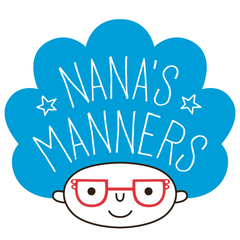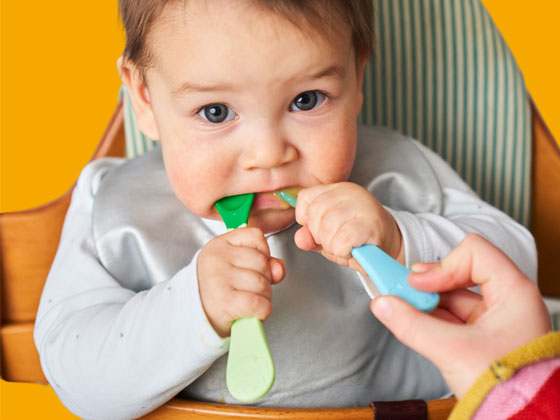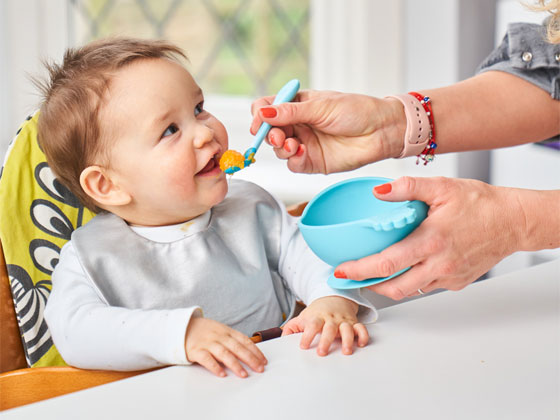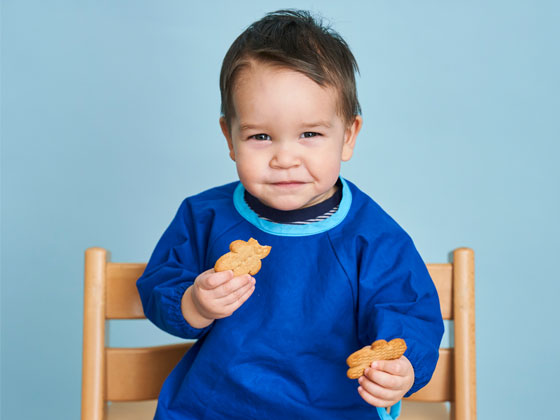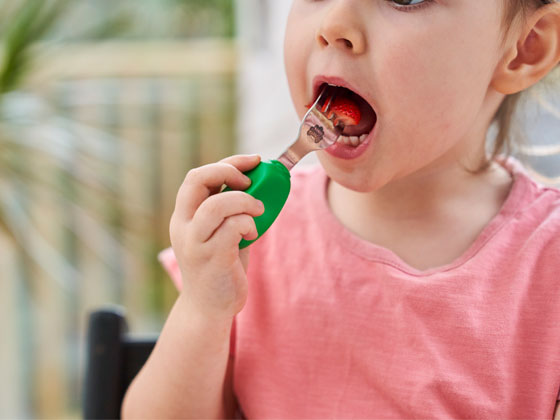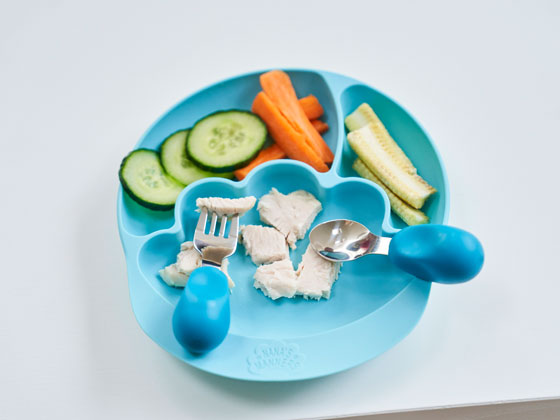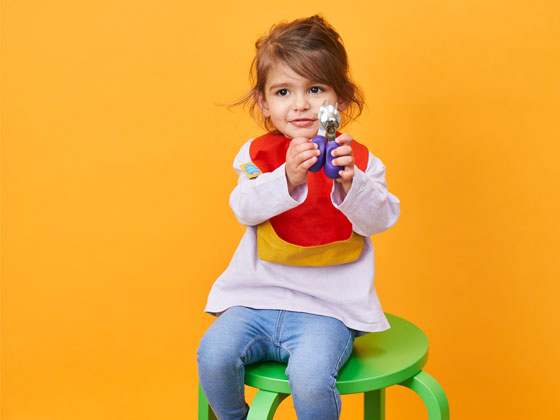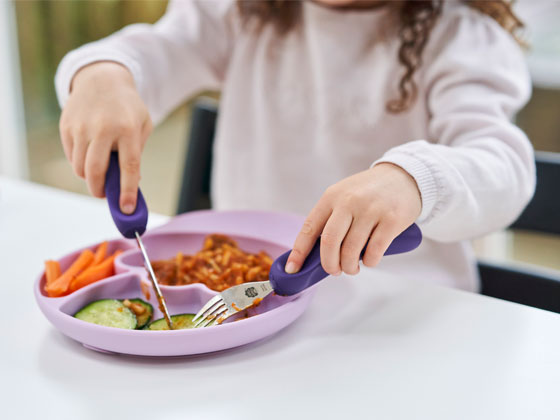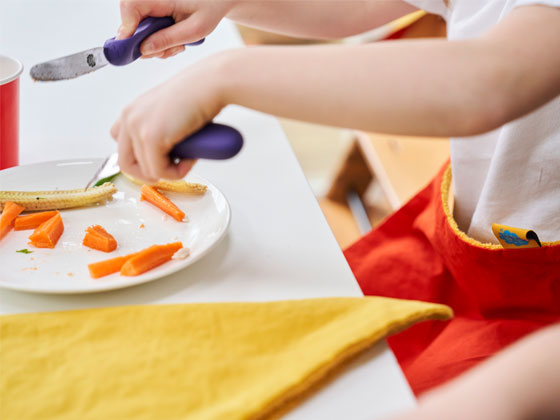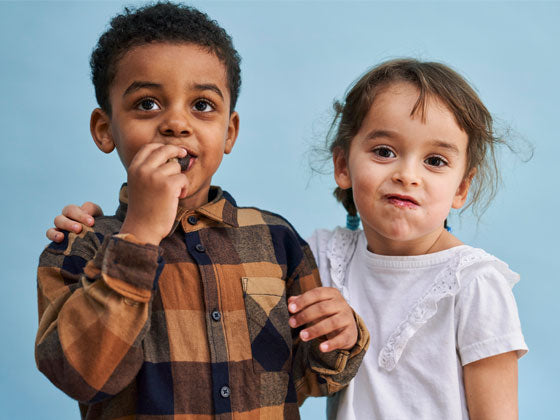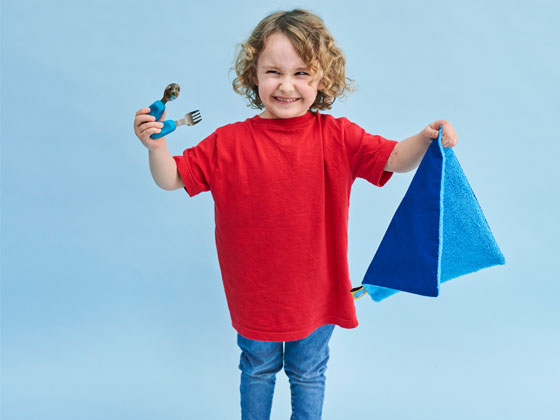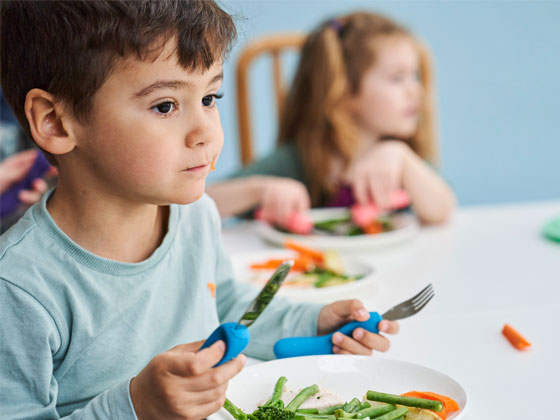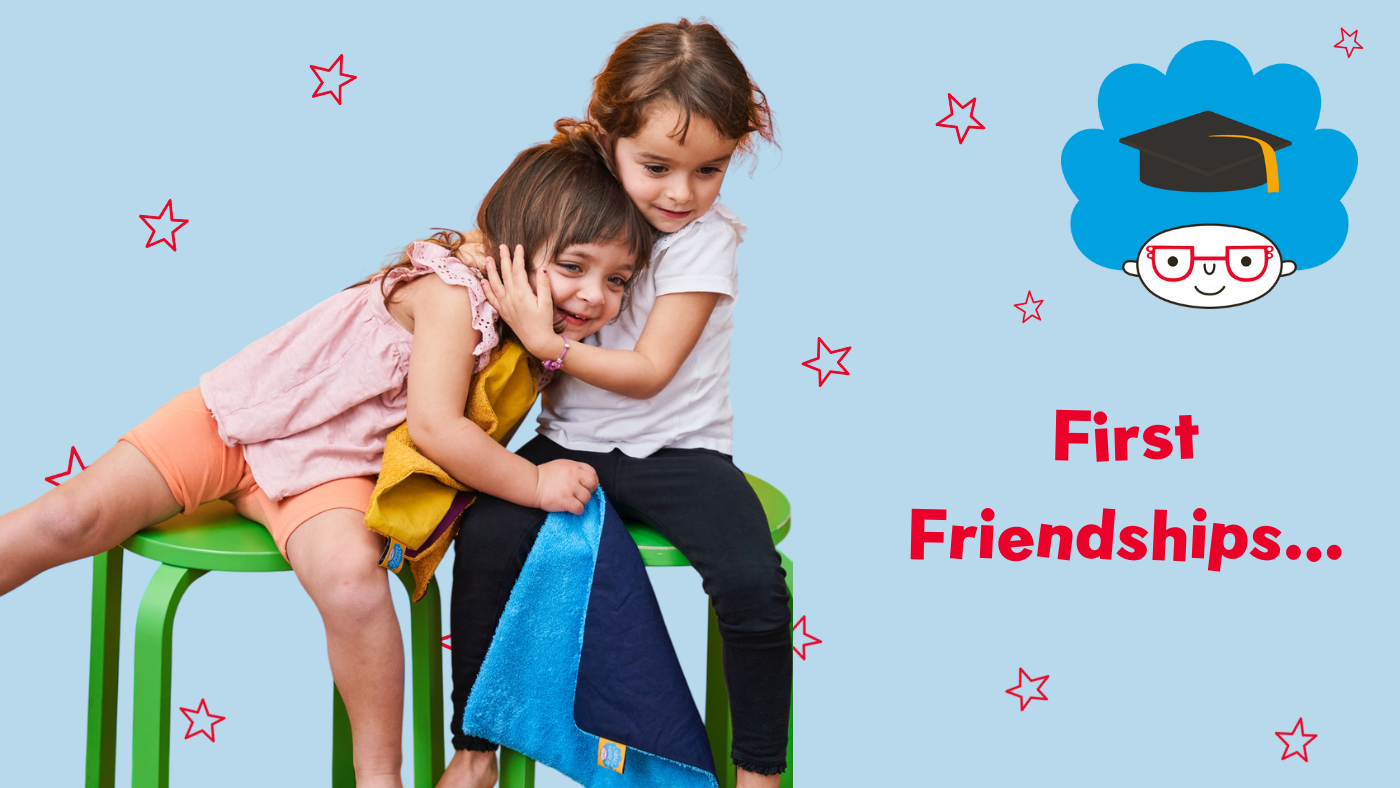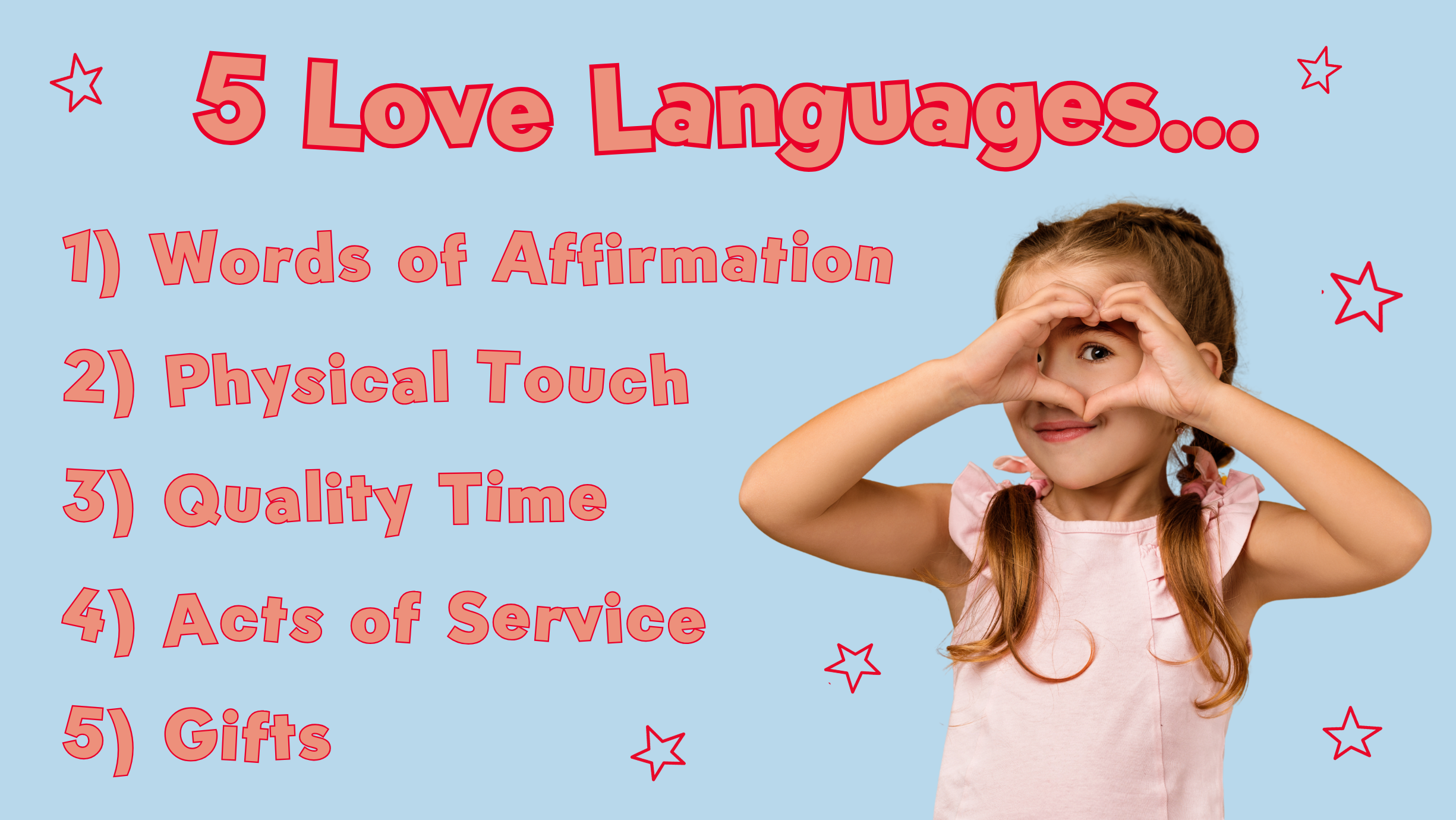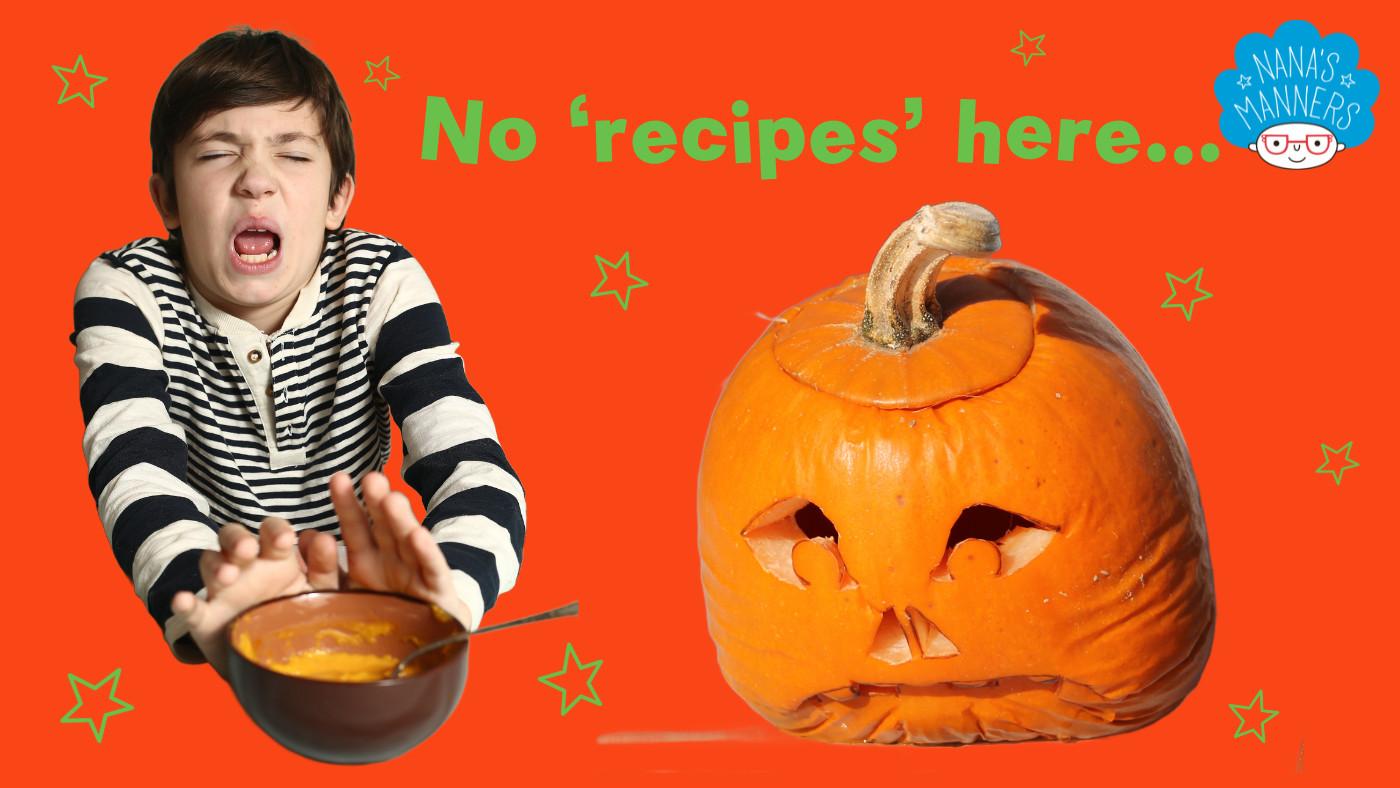Helping young children develop their first friendships is an important part of their social and emotional growth. Here are some strategies you can use to support them as they develop their interactions beyond their family circle:
- Model Social Behaviour
Children often learn by observing the adults (and older siblings) around them. Be a positive role model in your own interactions with others, showing kindness, respect, and good communication skills. Empower their older siblings by explaining this and encouraging them to help here too. This will teach them how to interact with others in a healthy way.

- Create Opportunities for Social Interaction
Provide settings where your child can naturally interact with peers. This could include:
Playdates: Arrange regular playdates with children their age.
Group Activities: Take part in group activities like story time at the library, parks, the dreaded soft plays (we love them really).
Classes or Clubs: Enrol in structured kids’ classes (e.g., art, music, or sports) that encourage co-operative play.
Sharing everyday experiences: As fun as activities are, don't underestimate the power of your child sharing everyday experiences with their peers. Eating together is a great way to encourage social interactions, and brings so many more benefits to your child's development, such as encouraging them to try new foods their peers are fond of, working to discourage 'fussy eating'.

- Teach Sharing and Taking Turns
Simple social skills like sharing, taking turns, and being patient are crucial in forming friendships. Practice these at home through games or activities where your child needs to wait or share. Remember it is natural for young children to be reluctant to share, so start small and keep calm – it’s a journey!

- Encourage Empathy
Teach your child to recognise and understand the feelings of others. You can model this by pointing out how others might feel in certain situations: "It looks like she's sad because you took her toy. How do you think we could help her feel better?" Remember to also do this in situations that don’t involve them or anything they have done: “Dad looks tired today – what could we do to cheer him up?” This will teach them to be observant of others’ feelings and develop genuine empathy.
- Promote Positive Communication
Young children will use actions and physical behaviours to communicate before they are able to express themselves with language. As their vocabulary increases, help your child learn how to express themselves and understand others by encouraging them to use words to solve conflicts. You can teach them phrases like, "Can I play too?" or "I don’t like it when you grab my toy."

- Encourage Group Play
If your child is shy or introverted, gently encourage them to join in with other kids during playtime. Sometimes, a little time is needed to help them feel comfortable - let them go at their own pace. Getting involved yourself can help them feel more comfortable more quickly, wear you trainers and get involved in that singing, dancing and games!
- Praise Social Efforts
Reinforce positive social behaviours by praising your child when they make an effort to interact, share, or help another child. This positive reinforcement will help them feel confident in forming relationships. Remember to praise their efforts as well as their successes – even if they tried something that didn’t work out, acknowledge their positive intentions.

- Teach Conflict Resolution
Disagreements will happen, but learning how to resolve conflicts is key to lasting friendships. Teach them simple ways to approach conflict, like using their words to express how they feel or asking for help from an adult if needed. If you do need to get involved, try to support your child in the incident rather than take over, by guiding them and supporting their communication attempts.
- Be Patient
Friendships take time to develop, especially for young children. Be patient and supportive, recognising that some kids might be more outgoing, while others may take longer to warm up to new friends. Young children can also be fickle – their ‘best friend’ may change regularly! Many threads on Mumsnet talk about dealing with these situations.
- Create a Safe Environment
Ensure your child feels safe and secure in their social interactions. If they experience bullying or exclusion, step in to address it, and work with them to build their confidence in navigating new relationships.

- Talk About Everyone's Feelings
Help your child understand their emotions and talk about their experiences with friends. This encourages emotional intelligence, helping them process and express what they’re feeling during interactions with others.
- Be Involved, without Directing
Stay engaged with your child's social life by keeping in touch with their teachers, caregivers, and other parents. It helps you stay informed about their social development and allows you to support them effectively. Also remember that whilst your child is younger, they will have spent time with other children based on your relationship with the other child’s parents, as opposed to the things they may have in common with that child themself. As they get older, they will begin to want to spend time with children of their choice, so time for you to brush up your social skills too and meet new parents!

Our Final Thoughts:
Remember that every child develops friendships at their own pace. It’s important to celebrate small successes and be there to support them through any challenges. By fostering positive social skills, building their resilience, encouraging empathy, and providing plenty of opportunities for interaction, you’ll help your child build lasting and meaningful friendships amongst their peers.
